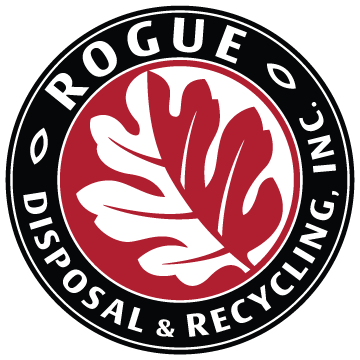Search Results for: asbestos
Fire Debris
https://roguedisposal.com/fire-debris
Cleaning up after a wildfire is an emotional evolution, but also involves immediate and long-term physical health risks. At Dry Creek Landfill and the Transfer Station in White City, the safety of our customers, employees and community is of utmost importance.
Wildfire debris can contain a wide variety of hazardous materials — everything from easily inhaled soot particles and asbestos to toxic amounts of heavy metals, such as arsenic, lead and mercury. And household items — like propane tanks, air conditioners, batteries, cleaning products and pesticides — may be hazardous or require specific handling and disposal. So to keep everyone safe, there are special requirements for the transportation and disposal of wildfire debris.
Read MoreSpecial Waste
https://roguedisposal.com/resources/contaminated-materials
Dry Creek Landfill will only accept special waste once it is approved for disposal. Generators must provide reliable documentation describing the source and nature of the contamination. All customers coming to Dry Creek Landfill to dispose of special waste are first required to have an account. Then complete the special waste profile and submit for approval. Click here to download a step-by-step guide to setting up your special waste profile.
Read MoreWhat can’t I put in my temporary dumpster?
Anything containing asbestos; dirt, rocks, concrete or sod; paint or any liquids; large appliances; flammable materials; car batteries or tires; composition roofing materials; motorcycle or automobile bodies; medical waste; fluorescent tubes or ballasts; and A/C units. For a complete list of terms and conditions, click here.
Building/Structure Debris (non-ash)
https://roguedisposal.com/fire-debris/building-structure-debris-non-ash
Read More
Transfer Station
https://roguedisposal.com/transfer-station
Rogue Transfer and Recycling, located in White City, is where you can bring household and commercial trash, visit our expanded recycling depot and drop off your yard debris. It’s also where you can dispose of your properly packaged medical waste for safe handling and arrange to have your confidential documents shredded. Once each year in the spring, the Transfer Station is home to our Household Hazardous Waste drop-off event. You can even pay your Rogue Disposal & Recycling bill at our on-site customer service center.
At Rogue Transfer and Recycling, safety comes first. Here you will find a detailed safety document that spells out the rules and regulations for high-traffic active operations areas — or Hot Zones — at the transfer station, with the goal of managing these areas in a safe and orderly manner.
Click here for our Hot Zone Safety Plan
Click here for information on safely removing fire debris.
Read More